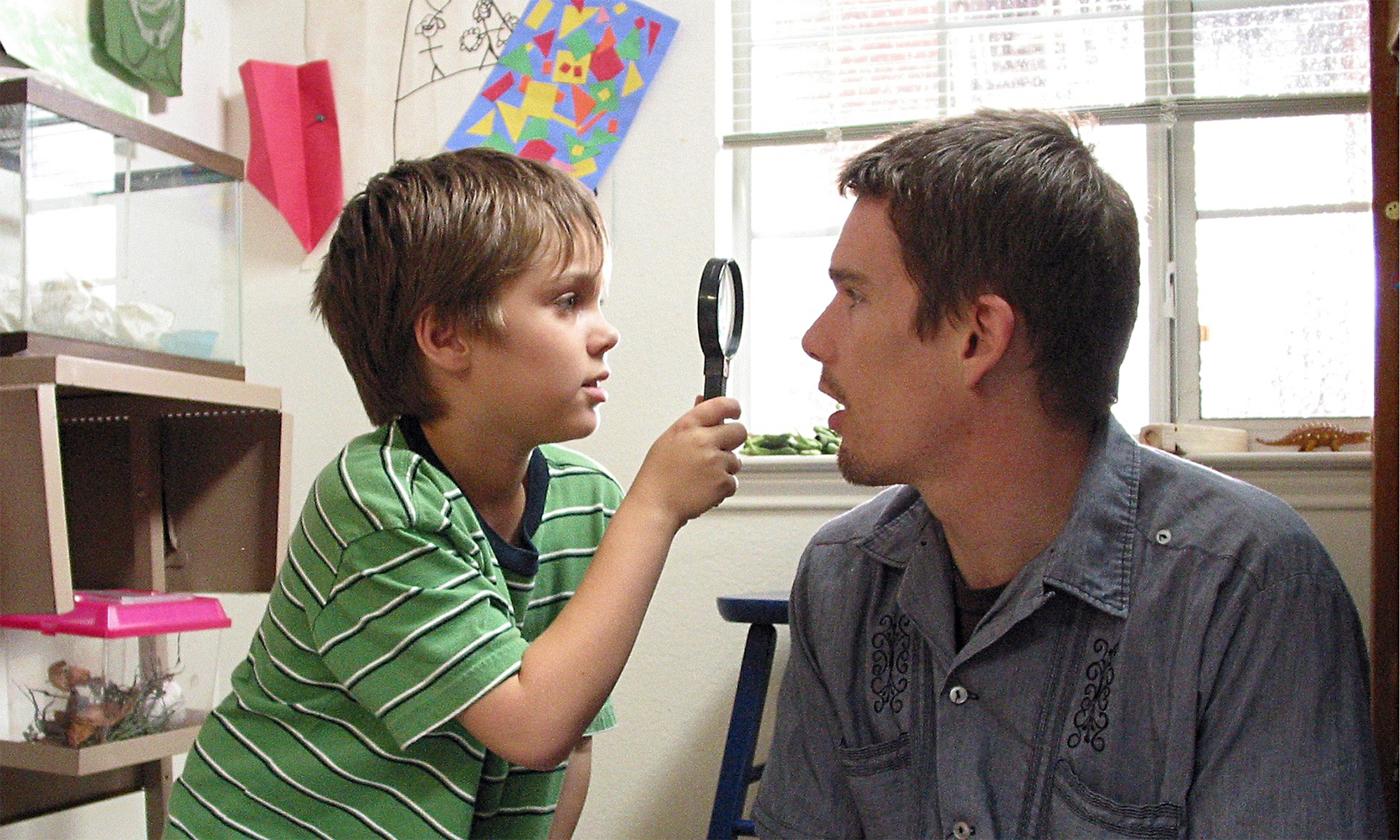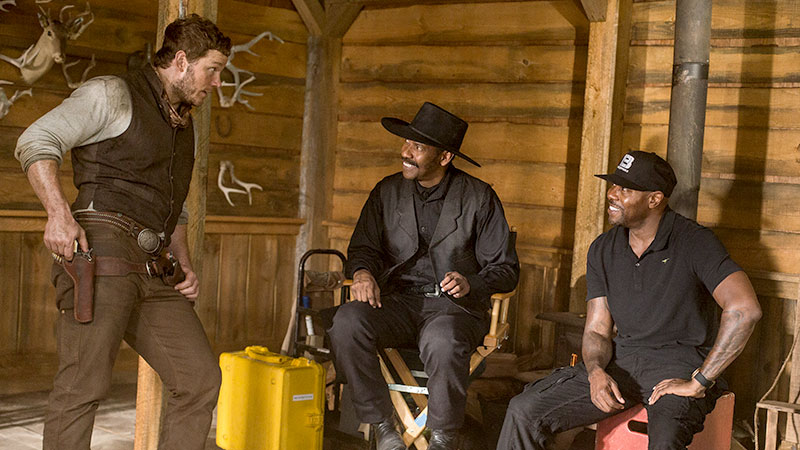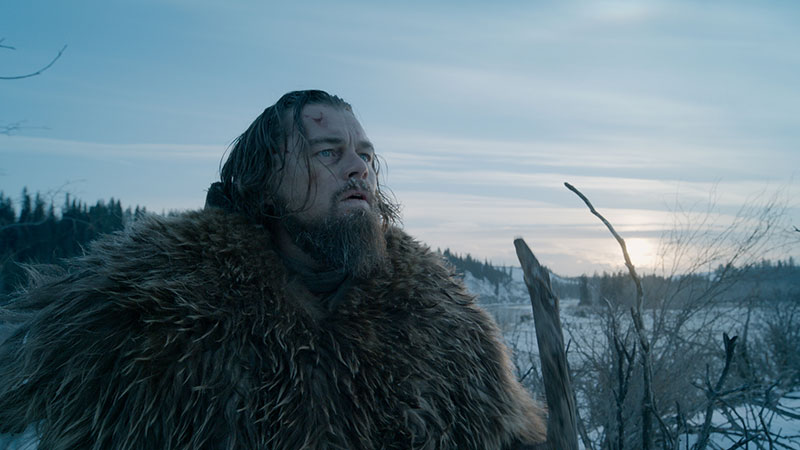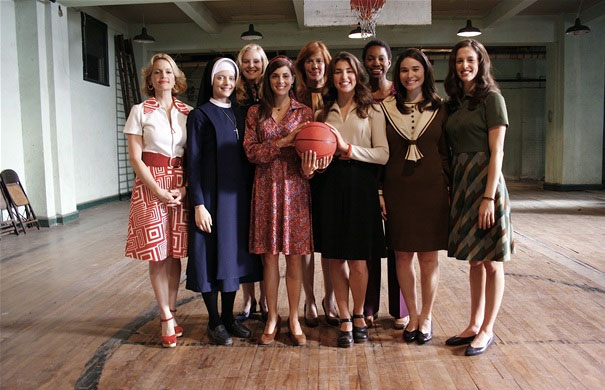Directed by Richard Linklater, “Boyhood” (2014) is a modern film that breaks the conventions of traditional film-making by turning a lens on the staggering minutiae of human life as it patiently unfolds over time. A completely emotional and immersive experience, “Boyhood” stands as a testament to the power of cinema as a medium to mirroring reality and the wonder of human existence.
“Boyhood,” spanning an ambitious 12-year filming period, is an exquisitely unique cinematic journey that captures the seemingly mundane yet profound trajectory of life. It centers on the life of Mason (Ellar Coltrane), a six-year-old boy we watch grow into an 18-year-old man. The film serves as a time capsule, offering real-time storytelling by using the same cast over these 12 years, thus compiling a substantial portion of the actors’ lives — it is the very first of its kind, pioneering a new genre of storytelling.
What sets Linklater’s work apart is the absence of high climaxes or dramatic tensions, often present in similar coming-of-age films. Instead, “Boyhood” presents a series of ordinary life snapshots — birthday parties, family meals, arguments, and road trips— portraying life in its unfiltered, raw form, which is an absolute delight for viewers. The film captures the essence of the human experience, reflecting the bittersweet reality of watching ourselves and our loved ones grow older.
Casting plays a pivotal role in the success of the film. Pathos is generated purely from the performances, thanks to the stellar depiction of their imperfect, multi-dimensional characters by Patricia Arquette and Ethan Hawke, who play Mason’s parents, as well as Lorelei Linklater as Mason’s sister Samantha. Patricia Arquette, in particular, won an Academy Award for her role as the single mother struggling to raise her two children, balancing her ambitions and her desire to provide a stable home. Her performance embodies the essence of “Boyhood”: the travails of growing up and the passage of time, a journey that blends seamlessly through the 165-minute runtime.
Visually, Linklater uses the cinematography to reflect the imperceptible passage of time. The changing landscape, evolving technology, and even pop-culture references all contribute to this vibrant, chronological tapestry. The film does an excellent job in capturing the zeitgeist of each era, appealing to viewers’ nostalgia.
“Boyhood” isn’t simply a film— it is an unaltered, poignant portrait of life, encapsulating the symphony of daily human existence. It highlights the beauty of imperfection, the denial and acceptance of change, and the importance of seemingly mundane moments that shape us quietly yet profoundly as we grow up.
However, while “Boyhood” is a ground-breaking concept, it may not be everyone’s cup of tea. Some may criticize it for its lack of plot or climax. But those who embrace Linklater’s vision will discover a bittersweet reflection on life – as it happens.
Soundtracking the film is a mixtape of pop-rock favourites from the 2000s, serving both as a timeline indicator and a nostalgic throwback. It adds an extra layer to the cinematic experience, evoking emotional responses to the past.
In conclusion, revisiting “Boyhood”, we acclaim Richard Linklater’s audacious move to capture life’s fleeting, everyday moments and present them as a seamless narrative. This ambitious experiment delivers an achingly real portrayal of a boy’s journey into adulthood and the evolving family dynamics over the years. It is a rich, emotional drawn-out tapestry of small moments that aggregate into the broader picture. “Boyhood” reminds us that life is, indeed, lived moment by moment— sometimes beautiful and sometimes uneventful, but always unique and always ours. It isn’t just a film— it’s life, experienced in real-time.




